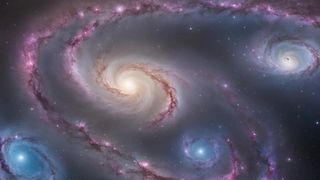Cosmology
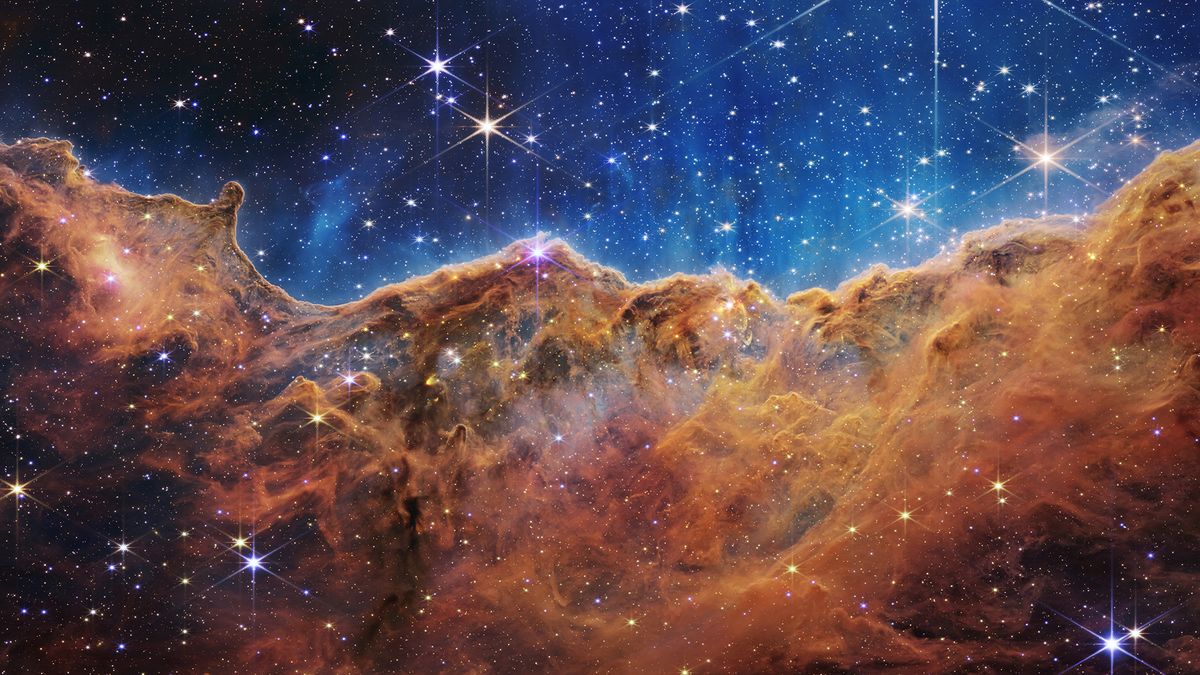
Cosmology is a branch of physics that grapples with the big questions on the nature of our universe, including where it came from and what will happen to it next. At Live Science, we make this complex and sometimes mind-bending science accessible, explaining everything from the speed of light to the multiverse theory, and describing all of the wild theories about the universe.
Our expert writers and editors also break down new developments in the field, whether it's how "Dark sirens" could solve one of the greatest mysteries in cosmology or why the launch of the Euclid space telescope is groundbreaking, with the latest cosmology news, features and articles.
Discover more about cosmology
—5 fascinating facts about the Big Bang, the theory that defines the history of the universe
—The James Webb telescope has broken cosmology. Can it be fixed?
Latest about Cosmology
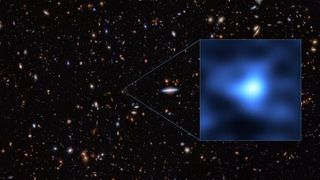
'I was astonished': Ancient galaxy discovered by James Webb telescope contains the oldest oxygen scientists have ever seen
By Ben Turner published
Scientists have made the record-breaking detection of oxygen in an ancient galaxy that existed just 300 million years after the Big Bang. The detection is prompting astronomers to rethink how quickly stars and galaxies formed in the young universe.
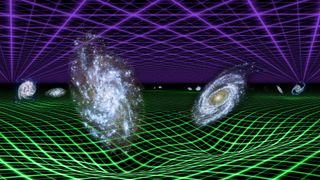
Could the universe ever stop expanding? New theory proposes a cosmic 'off switch'
By Paul Sutter published
Dark energy, the mysterious phenomenon that powers the expansion of the universe, may undergo periodic 'violent transitions' that reverse the growth of the cosmos, a new pre-print study hints.
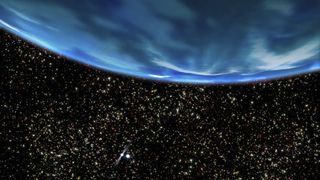
The universe's water is billions of years older than scientists thought — and may be nearly as old as the Big Bang itself
By Joanna Thompson published
A new study suggests that water first appeared in the universe just a couple hundred million years after the Big Bang — meaning life could have evolved billions of years earlier than previously thought.
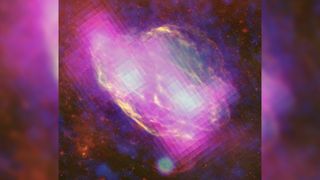
Most powerful cosmic rays in the universe start shockingly close to Earth, paper claims
By Paul Sutter published
The most powerful cosmic rays in the universe currently have no explanation. New research suggests that exotic, self-annihilating particles in our own galaxy may hold the answer.
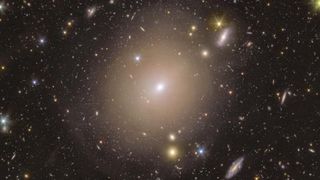
Euclid telescope spots rare 'Einstein ring' hiding near Earth — and an ancient, unnamed galaxy behind it
By Ben Turner published
Einstein predicted the existence of gravitationally-warped rings of light in 1915. Now, a new one has been discovered just a cosmic stone's throw from our own planet.
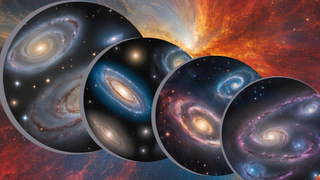
A cosmic 'CT scan' shows the universe is far more complex than expected
By Robert Lea published
"This process is like a cosmic CT scan, where we can look through different slices of cosmic history and track how matter clumped together at different epochs."
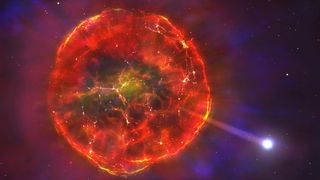
1st supernovas may have flooded the early universe with water — making life possible just 100 million years after the Big Bang
By Harry Baker published
A new study suggests that the explosive deaths of the universe's earliest stars created surprising quantities of water that may have sparked extraterrestrial life in the very first galaxies.
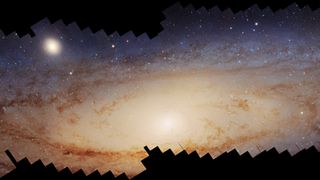
'Herculean' 2.5-billion-pixel mosaic shows our closest galactic neighbor like never before — and took more than a decade to create
By Harry Baker published
The new composite image, which combines hundreds of photos from the Hubble Space Telescope, shows the Andromeda Galaxy with more than 200 million individually resolved stars.
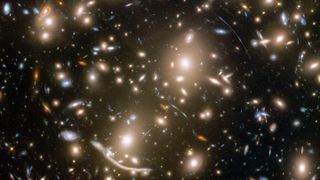
'Our model of cosmology might be broken': New study reveals the universe is expanding too fast for physics to explain
By Ben Turner published
Astronomers have been confounded by recent evidence that the universe expanded at different rates throughout its life. New findings risk turning the tension into a crisis, scientists say.
Sign up for the Live Science daily newsletter now
Get the world’s most fascinating discoveries delivered straight to your inbox.
